
AI research tools have revolutionized the way researchers and academics analyze data, write papers, and discover new insights. With artificial intelligence assisting in literature reviews, thesis writing, and data analysis, academic research papers have never been easier to compile.
These tools save time, enhance the accuracy and quality of research outputs. In this guide, we explore the 15 best AI research tools for academia, covering their features, benefits, and how they can streamline academic workflows — an essential trend highlighted among Academic Publishing Trends in 2025.
What is the Best AI Tool for Research?

The best AI research tool depends on your specific academic needs. Some tools are designed for writing and editing, while others focus on literature reviews or data analysis.
Below, we explore a list of AI tools that cater to different aspects of academic research.
Benefits of Using AI Tools for Research or Academia
1. Increase Efficiency
AI tools for research help academics automate tedious tasks such as formatting references, summarizing papers, and scanning through large databases. This allows researchers to focus on critical thinking and analysis.
2. Improved Accuracy
AI-powered tools reduce human errors in research, whether in grammar, data interpretation, or reference formatting. This ensures academic papers are more polished and reliable.
3. Access to Comprehensive Insights
AI research tools can analyze vast amounts of academic literature, helping researchers find relevant studies, identify research gaps, and develop stronger arguments. They also complement modern AI Tools for Creating Social Media Posts for researchers looking to share their findings and promote their work online.
15 Best AI Research Tools for Academics
1. Grammarly
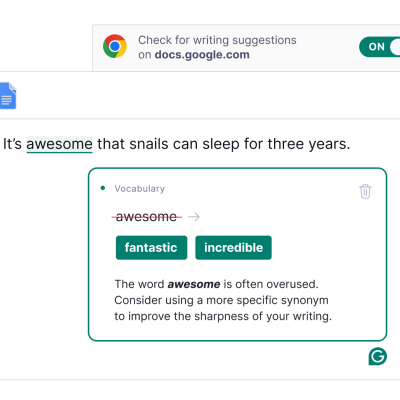
Grammarly is one of the best AI tools for academic writing, offering grammar checking, plagiarism detection, and style improvements.
Key Features:
- Free version available
- Advanced grammar and spell check
- Plagiarism checker (premium)
2. Trinka AI
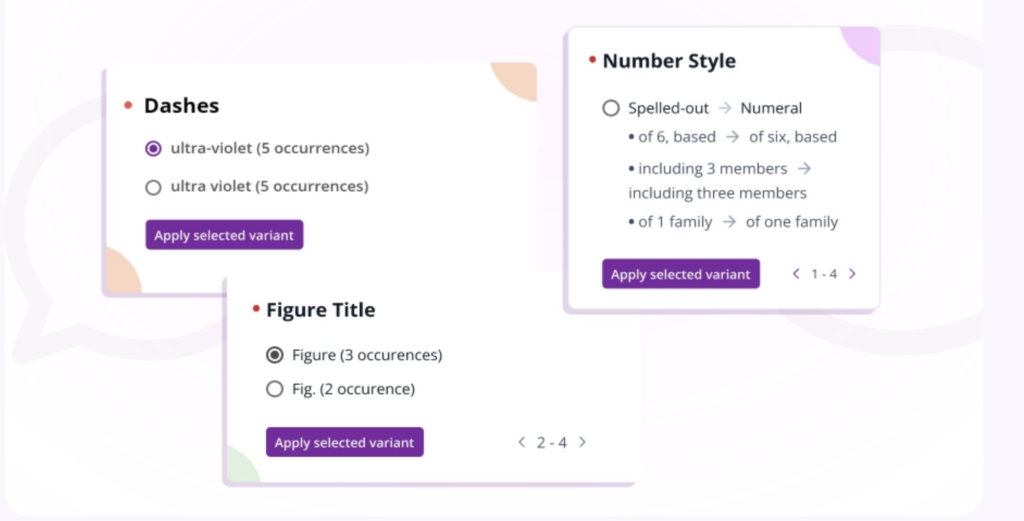
Trinka AI is designed specifically for academic research papers, improving clarity and compliance with academic style guides.
Key Features:
- Context-specific grammar correction
- Academic tone enhancement
- Free basic version available
3. Hemingway Editor
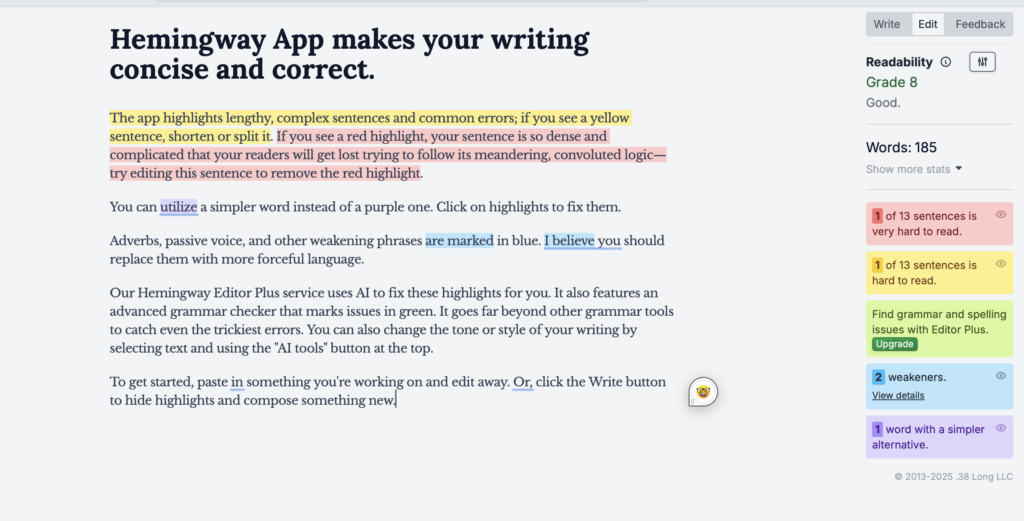
Hemingway Editor helps researchers improve readability and make academic writing more concise.
Key Features:
- Highlights complex sentences
- Readability score
- Free web version available
4. QuillBot
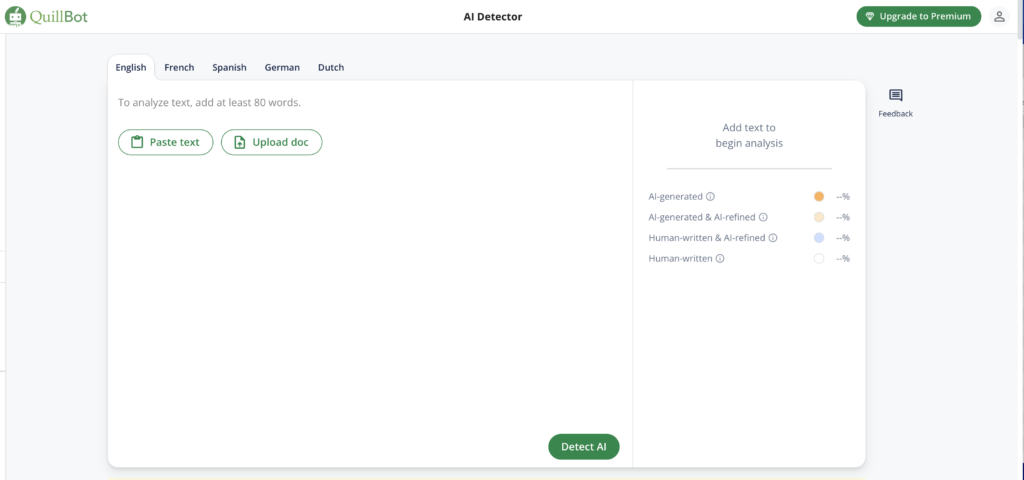
QuillBot is an AI-powered paraphrasing tool that helps researchers refine their writing and avoid plagiarism.
Key Features:
- Free version available
- AI paraphrasing and summarization
- Plagiarism checker (premium)
5. ProWritingAid
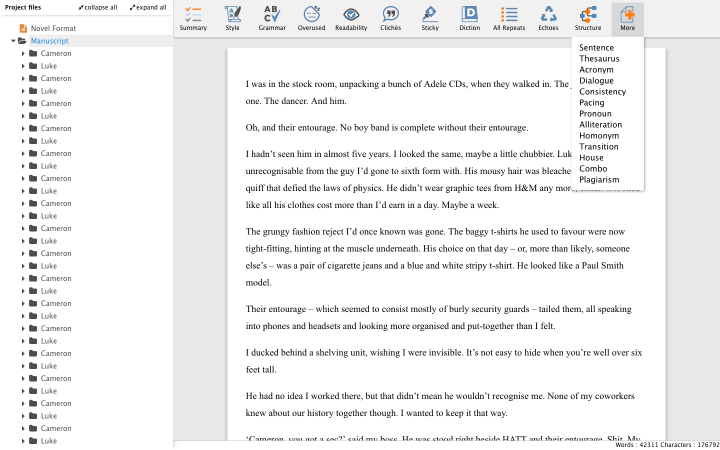
ProWritingAid is an AI writing assistant that provides deep analysis of research writing.
Key Features:
- Style improvement suggestions
- Plagiarism checker (premium)
- Free version with limited features
Best AI Tools for Literature Review
6. Litmaps
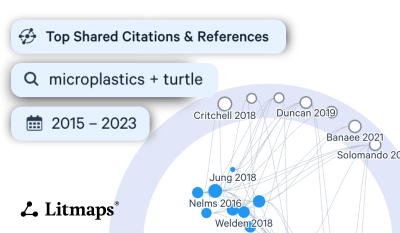
Litmaps helps researchers visualize academic literature and track citations.
Key Features:
- AI-powered literature discovery
- Citation tracking
- Free version available
7. Elicit
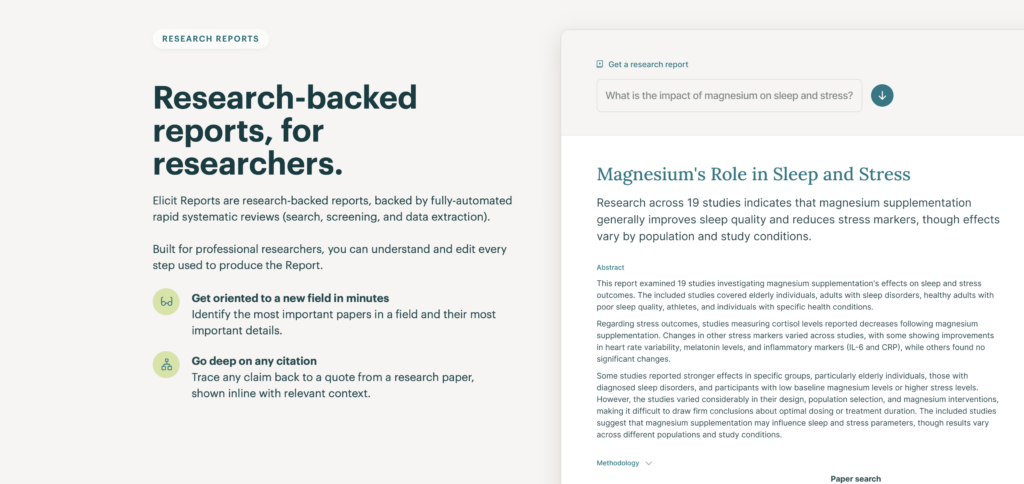
Elicit uses AI to find and summarize relevant academic papers.
Key Features:
- AI-powered search engine for academic papers
- Summarizes key findings
- Free to use
8. Research Rabbit
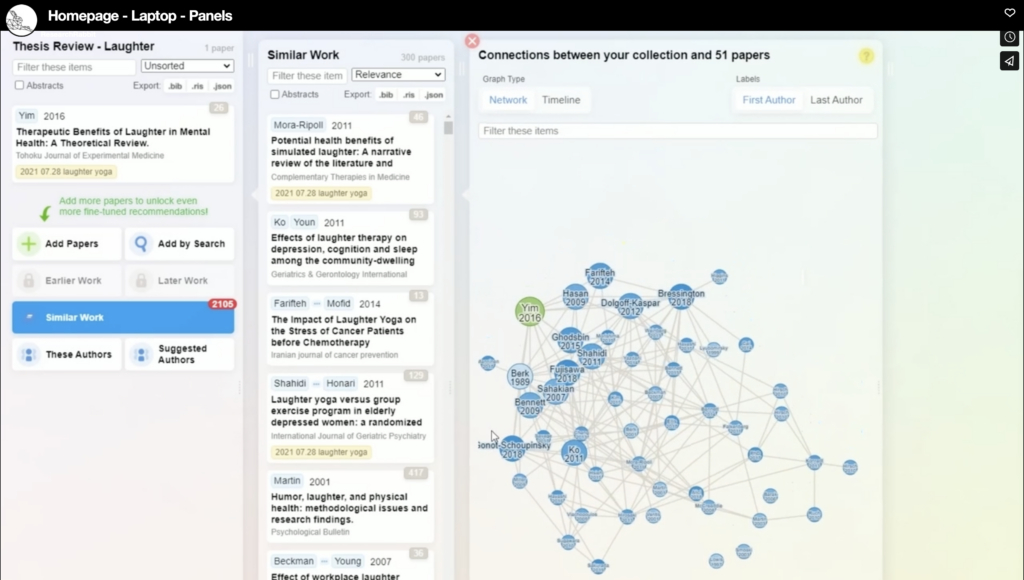
Research Rabbit is an AI-based literature mapping tool that helps researchers track papers.
Key Features:
- AI-powered academic paper discovery
- Citation network analysis
- Free to use
9. Connected Papers
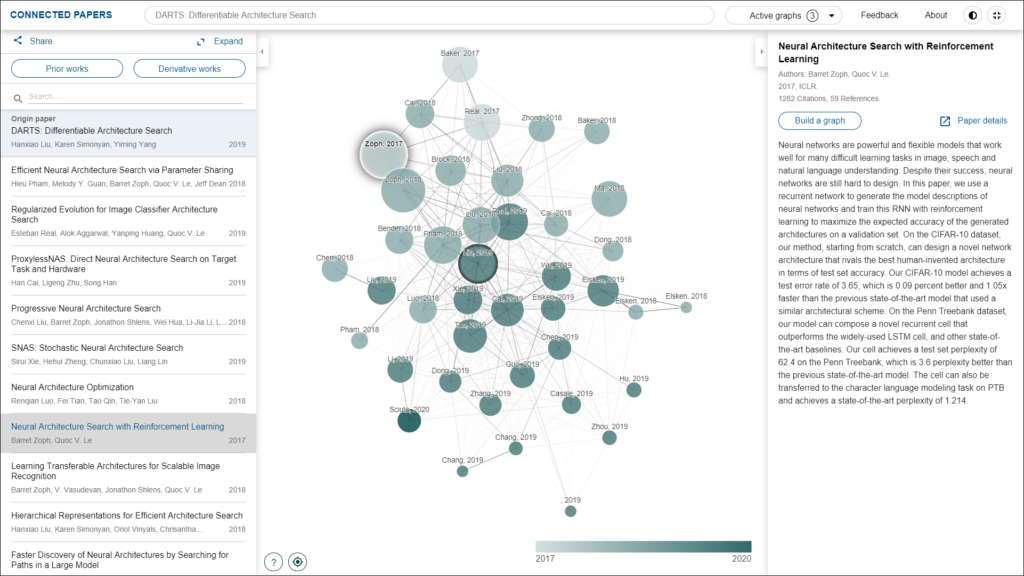
Connected Papers generates a visual graph of academic papers related to a topic.
Key Features:
- AI-generated literature map
- Free to use
10. Semantic Scholar
Semantic Scholar uses AI to provide smarter academic paper recommendations.
Key Features:
- AI-powered academic search
- Citation-based paper recommendations
- Free to use
Best AI Data Analysis Tools
11. IBM Watson
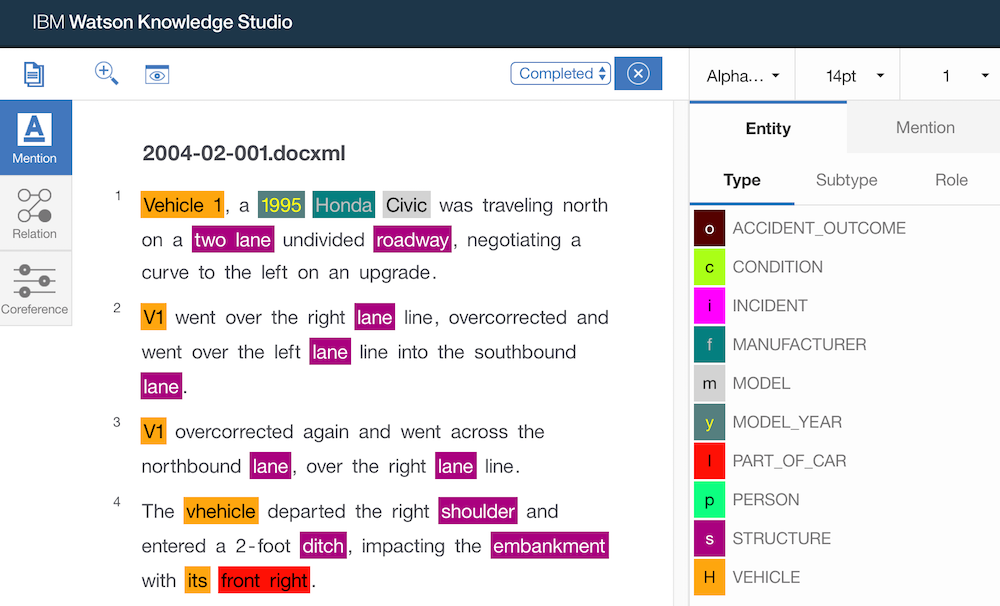
IBM Watson offers AI-driven data analysis for academic research.
Key Features:
- AI-powered insights from big data
- Natural language processing
- Paid plans available
12. RapidMiner
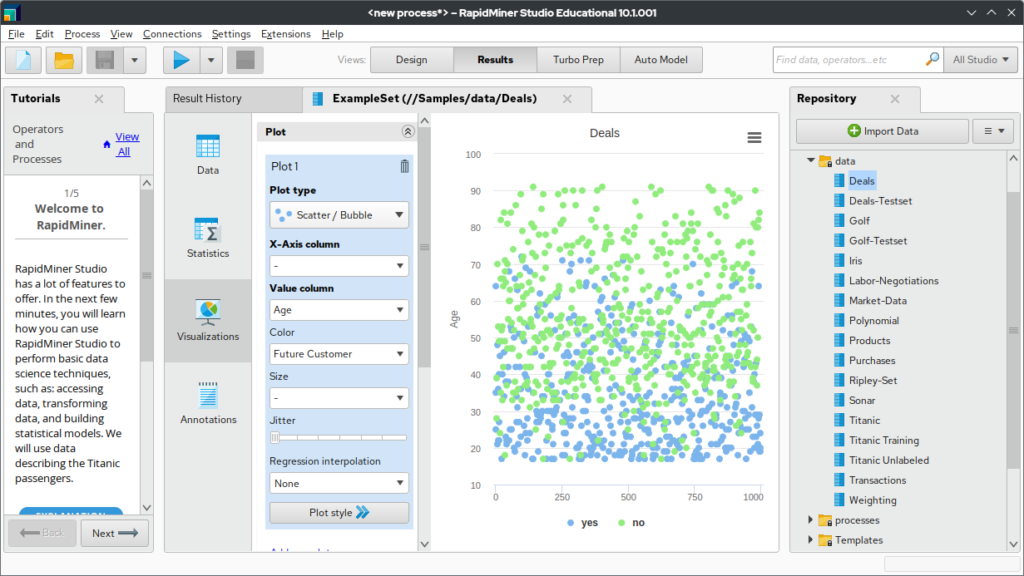
RapidMiner is an AI-based data science platform ideal for researchers handling large datasets.
Key Features:
- Machine learning models for data analysis
- No-code AI tools
- Free version available
13. Orange Data Mining
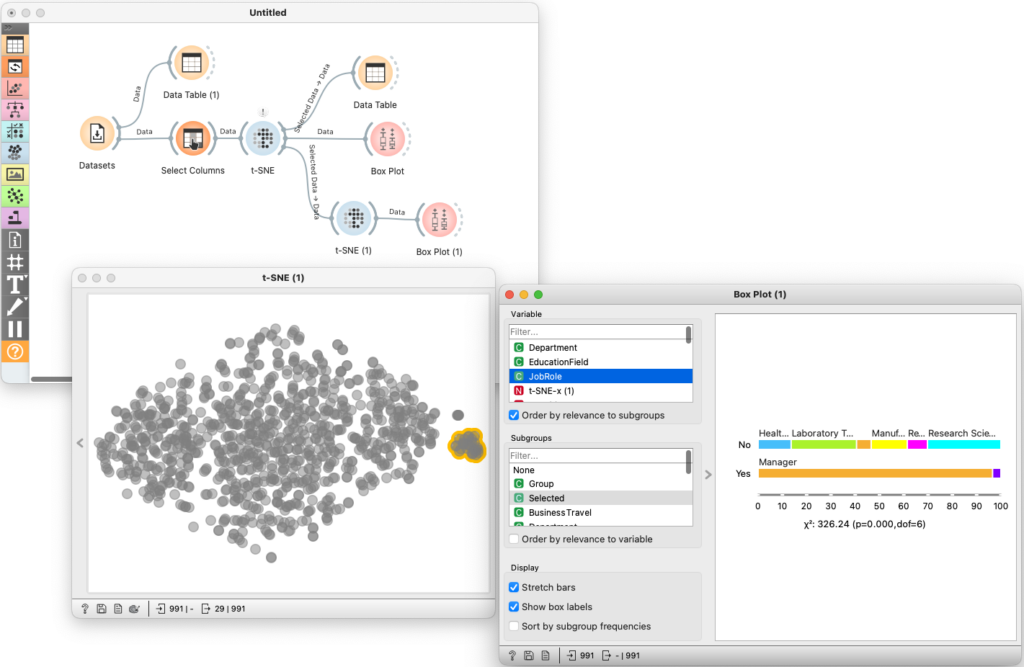
Orange is an open-source data analysis tool designed for academia.
Key Features:
- AI-powered data visualization
- Free and open-source
14. KNIME
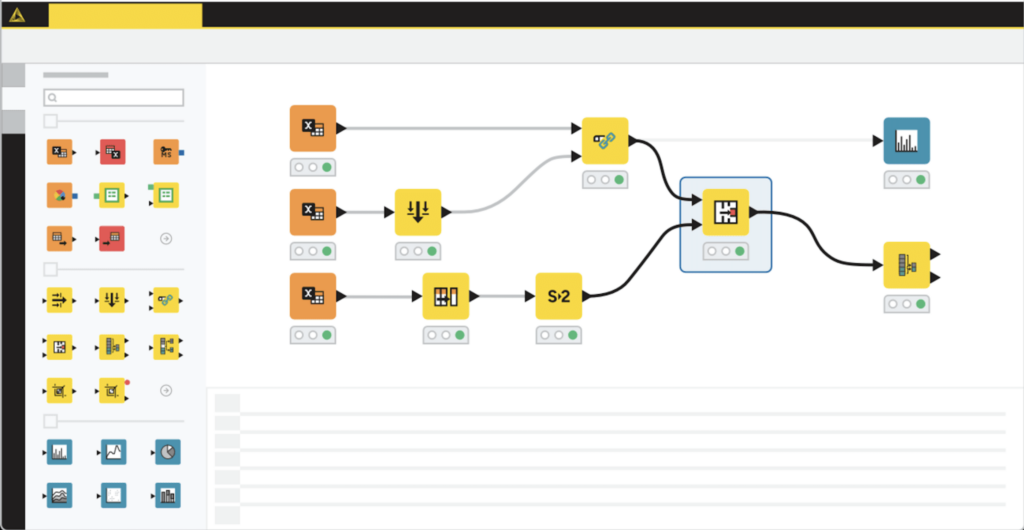
KNIME is a powerful AI tool for data processing and research analytics.
Key Features:
- No-code AI data analysis
- Free and open-source
15. Google AutoML
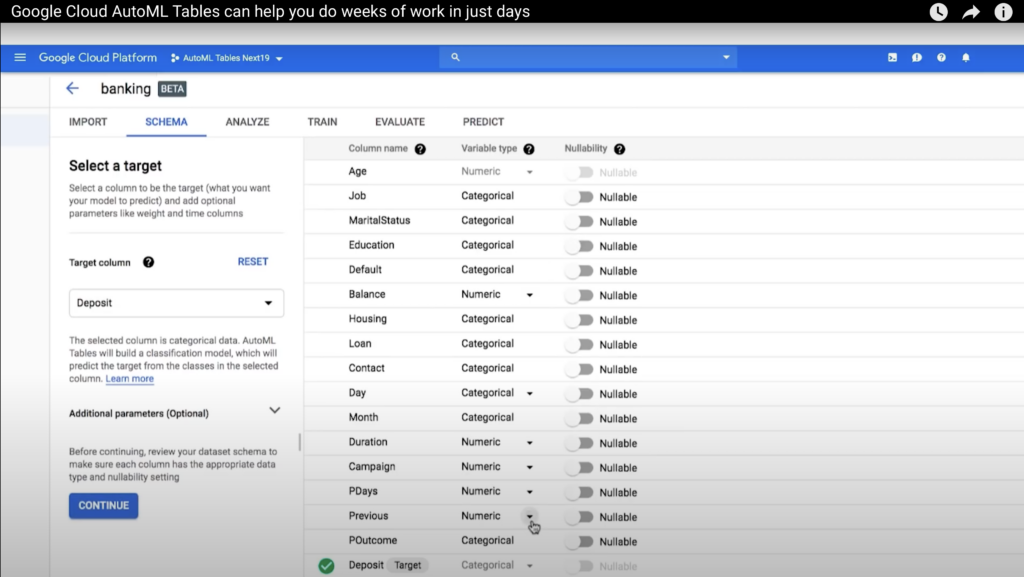
Google AutoML provides AI-driven data analysis for academic research.
Key Features:
- AI-powered data classification
- Machine learning automation
- Paid plans available
Many researchers, after enhancing their papers with these tools, are now considering how to publish your research paper as a book — an increasingly common step aligned with Academic Publishing Trends in 2025. It helps scholars reach broader audiences and amplify the impact of their work. Moreover, combining these efforts with AI Tools for Creating Social Media Posts makes it easier to share and promote their research effectively.
Which AI Tool is Best for Academic Research?
The best AI tool for academic research depends on your specific needs:
• For writing and editing: Grammarly, Trinka AI
• For literature reviews: Litmaps, Elicit
• For data analysis: IBM Watson, RapidMiner
By leveraging these AI tools for research, academics can enhance the quality and efficiency of their research papers, contribute to a more innovative and data-driven academic landscape in 2025, and even apply these skills to other areas such as AI Tools for Creating Social Media Posts to effectively share their findings.
